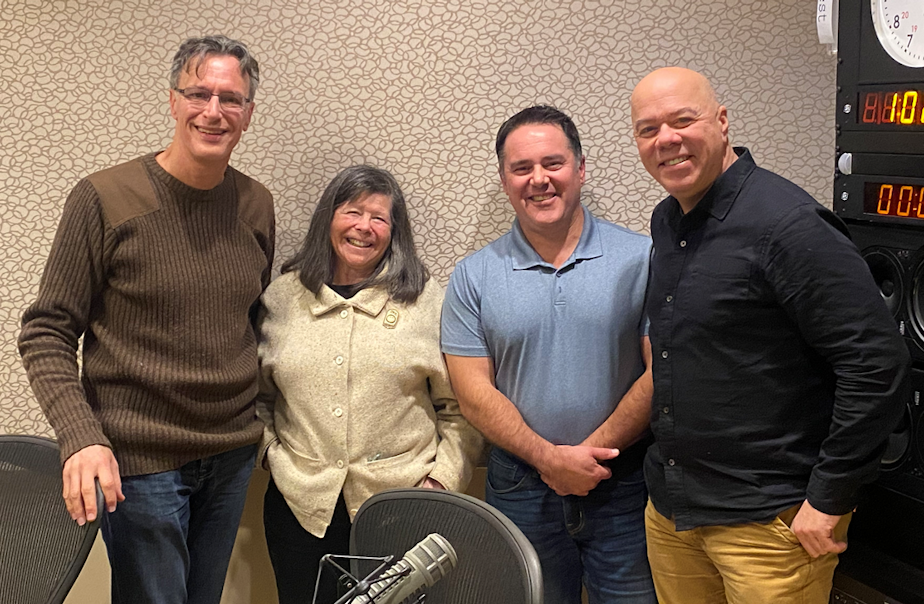Week in Review: election, citations, and grizzlies

Host Bill Radke discusses the week’s news with health journalist Joanne Silberner, Geekwire’s Mike Lewis, and Seattle Channel’s Brian Callanan.
The ballots have been counted for the 2023 election. In King County, 38% of voters cast a ballot, 11 points lower than 2019. Only 20% of 18- to 24-year-old voters cast a ballot. What impact did that have on the election?
The Seattle City Council has voted in favor of implementing a new surveillance system, a gunshot locator called ShotSpotter. It uses audio sensors, video surveillance and automatic license plate readers to detect where a gunshot came from. Budget Chair Teresa Mosqueda spoke against paying for ShotSpotter. She says a Chicago study found the technology has a 90% false-positive rate. Five budget committee members voted to spend the $1.5 million for ShotSpotter after the mayor's office does a racial equity analysis of the program. What are other cities who use ShotSpotter saying about it?
The government had eased up on fare enforcement during the pandemic. But this week Sound Transit put its so-called "Fare Ambassadors" back on the trains, telling riders to show proof of payment, and potentially writing citations. There is a program offering free or reduced fares for people on limited incomes. Before the pandemic, fares made up a third of Link Light Rail operating costs. Today, they make up less than half that. Is enforcing fares fair?
Federal officials are considering bringing grizzly bears into Washington’s North Cascades. This has proven controversial for some people living and recreating in the area. Meanwhile, some tribes say the bears are culturally important. The U.S. Fish and Wildlife Service and the National Parks Service were accepting written comments on potential options to bring grizzlies to the North Cascades through last Monday. Is this a good idea?
Seattle is among a dozen cities across the globe that will be optimizing some traffic signals based on driving data from Google Maps. The goal is to create less time for drivers waiting at red lights, while reducing emissions at the same time. Google says that data analyzed by users using Maps by AI technology has adjusted light times at 70 intersections so far. Are drivers noticing a difference?


